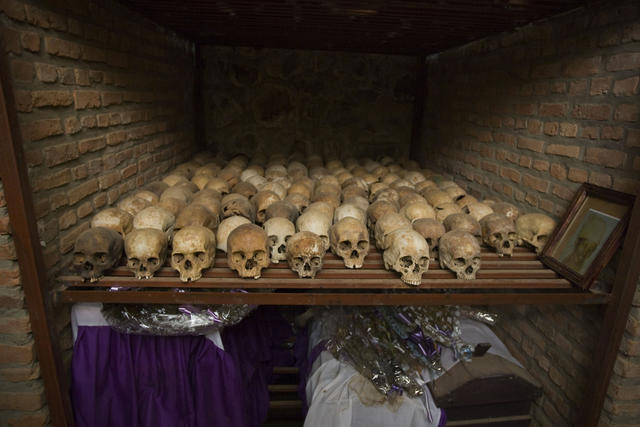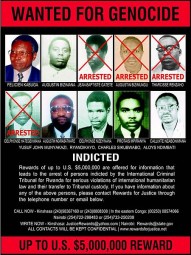
The International Criminal Tribunal for Rwanda (ICTR) today sentenced, Augustin Ngirabatware, a former government minister in Rwanda, to 35 years in prison for crimes committed during the 1994 genocide against the Tutsi.
He is the last person to be tried by the International Criminal Tribunal for Rwanda (ICTR), which will now only hear appeals, before it closes in 2014.
Albert Gasake, legal advocacy coordinator of Survivors Fund (SURF) commented on the sentence: “We received the final judgement of Ngirabatware with indignation. We all know, the latter has been found guilty of most of the charges the Prosecutor had charged him with including rape as a crime against humanity.”
“A 35-year sentence which is in reality 31 (with credit of 4 years spent in pre-trial detention) is an insult to survivors and the many victims of widespread rape committed by Ngirabatware himself and his militia in Nyamyumba district. We hope the Office of the Prosecution of the ICTR will consider lodging an appeal against this lenient sentence. ”
Since the ICTR was established in November 1994 by a UN Security Council resolution, it has completed 71 cases. The cost of doing so, has amounted to over $1.5 billion.

This sentence follows the early release last week of two convicted genocidaires, former mayor Paul Bisengimana and former militia leader Omar Serushago, after serving only two-thirds of their fifteen year sentences in Mali.
Professor Jean Pierre Dusingizemungu, President of IBUKA, commented on that news, “International justice should play an educative role, to make sure that these heinous crimes are never committed again. But as well as giving short sentences, it doesn’t even wait for them to be served out.”
In addition to the call of survivors for the ICTR to address more effectively retributive justice, particularly in light of the 16 appeals that it will hear over the next two years, survivors also call on the international community to address the shortcoming of the ICTR to address restorative justice.
This will be the focus of the work of Survivors Fund (SURF) in the lead-up to the 20th Anniversary of the Genocide in April 2014.
